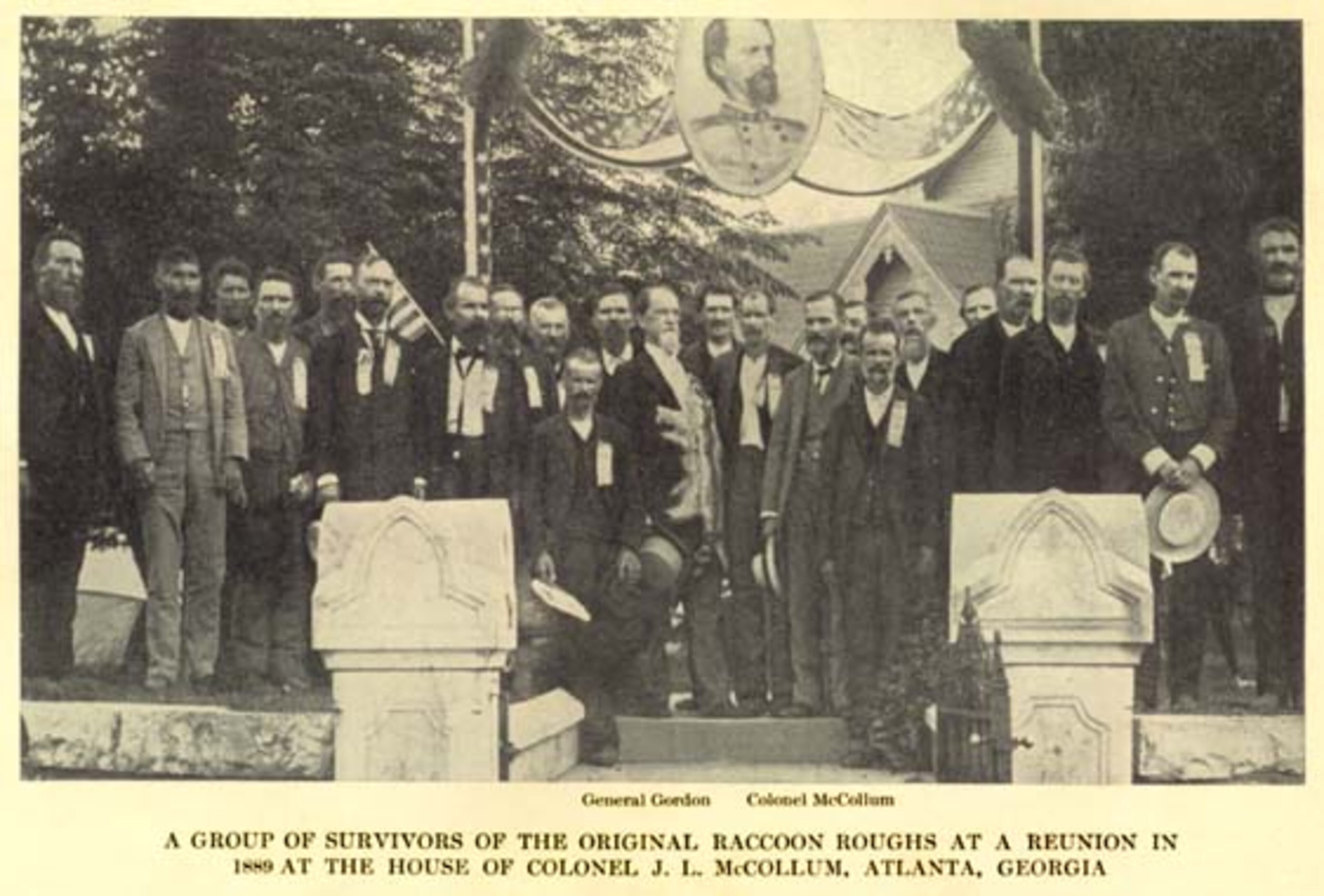Fort Gordon Army Base: Who was John Brown Gordon?
Amid protests over the deaths of African Americans at the hands of police, people are calling for Confederate monuments and street names to be removed — with some demonstrators taking the situation into their own hands.
In Atlanta, two city-owned Confederate monuments in historic Oakland Cemetery were vandalized, and in Alabama, the bronze likeness of Adm. Raphael Semmes was removed during the night.
» Who was Henry Benning, for whom Fort Benning in Columbus was named?
And on Tuesday, the AJC's Jeremy Redmon reported that Army Secretary Ryan McCarthy and Secretary of Defense Mark Esper are said to be open to holding a "bipartisan conversation" about renaming nearly a dozen major bases and installations that bear the names of Confederate military commanders.
» Pentagon open to talks about renaming bases honoring Confederate figures
One of those bases is Augusta’s Fort Gordon, named for Confederate Army Lt. Gen. John Brown Gordon. Here are a few things to know about Gordon.
First 29 years
Gordon was born on a plantation along the banks of the Flint River in Upson County on Feb. 6, 1832. He and his family moved to Walker County, where his father operated a coal mine. Gordon attended the University of Georgia, achieving senior status in only two years. And, New Georgia Encyclopedia states, Gordon dropped out before graduation, despite having the highest grades in his class. He read the law and tried to start a practice in Atlanta, but got very few clients.
Then the Civil War started.
Civil War career
Even though Gordon had no military training, he became captain of the "Raccoon Roughs," a company of mountain men from Georgia and Alabama. He quickly climbed from captain to brigadier general (1862) to major general (1864) then lieutenant general (1865). According to Georgia Info, Gordon was one of only three Georgians to achieve the rank of lieutenant general.

Gordon was at Chancellorsville, Gettysburg, Spotsylvania, and Petersburg. As New Georgia Encyclopedia wrote: "(H)e was only thirty-three years old when he led the army in its formal surrender at Appomattox, Virginia."
» As Confederate statues topple, groups target Decatur's monument
After the war
When the war ended, Gordon returned to Georgia a hero and practiced law. He was 33. Gordon ran for governor in 1868 but lost.
In 1872, he was elected to the U.S. Senate and was re-elected to a second term. He resigned in 1880, however, to become general counsel of the state-controlled Western and Atlantic Railroad.
He returned to politics in 1886 for one term as governor and, at the conclusion of that term in 1890, was sent back to the U.S. Senate, where he served until 1897.
Gordon also was "unquestionably a symbol of the age of white supremacy to his Georgian constituents, and was rumoured to be a Grand Dragon in the Ku Klux Klan." according to Encyclopaedia Britannica.


